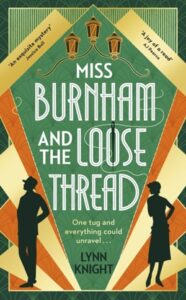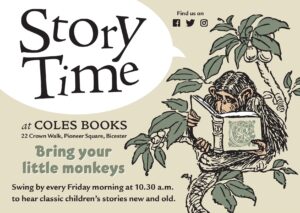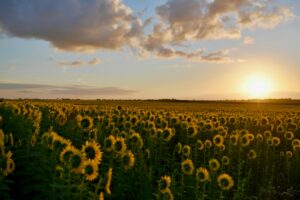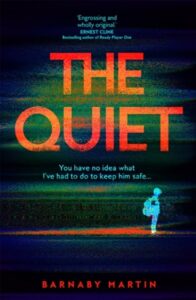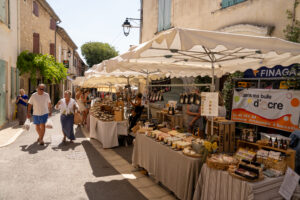If it wasn’t for the harshness of the cold, the stillness and calm would be the most comforting start to the day.
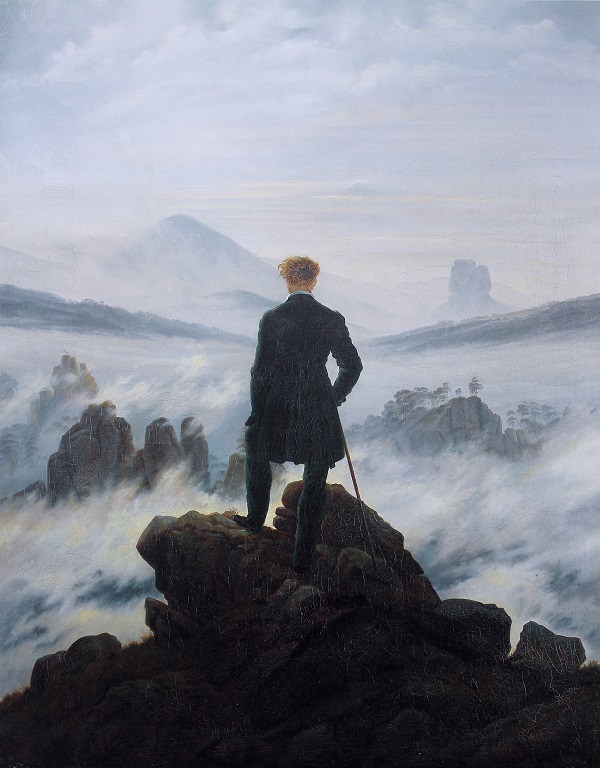
Like a heavy duvet, the fog was stifling all sound, not a peep from anything this morning other than the scratch scratch of the ice scraper. What is it about the properties of those frosty particles which deadens the sound? If it wasn’t for the harshness of the cold, the stillness and calm would be the most comforting start to the day.
An extract from ‘The Waste Land’ by T.S. Elliot
Unreal City,
Under the brown fog of a winter dawn,
A crowd flowed over London Bridge, so many,
I had not thought death had undone so many.
Sighs, short and infrequent, were exhaled,
And each man fixed his eyes before his feet.
Flowed up the hill and down King William Street,
To where Saint Mary Woolnoth kept the hours
With a dead sound on the final stroke of nine.
There I saw one I knew, and stopped him, crying: “Stetson!
“You who were with me in the ships at Mylae!
“That corpse you planted last year in your garden,
“Has it begun to sprout? Will it bloom this year?
“Or has the sudden frost disturbed its bed?
“Oh keep the Dog far hence, that’s friend to men,
“Or with his nails he’ll dig it up again!
“You! hypocrite lecteur!—mon semblable,—mon frère!”
T.S Eliot’s poem is complex – there’s a lot going on! Regarded as one of the great poems of the 20th century, it bounces around and needs a great deal of explanation – the rabbit hole down which it goes is an indecipherable map in need of a compass. Published 100 years ago it is thought to portray the bleakness of the world struggling after war – and as with much poetry of the first quarter of the last century, the tentacles of the text influenced other writers of the time including F. Scott Fitzgerald and Ernest Hemingway. Looking through Matthew Hollis’s fabulous ‘The Waste Land: A Biography of a Poem’ it becomes clear that despite the dour nature of the writing, Eliot was part of a collective of creative thinkers defining a new age of modernist writing – critical and harsh, much like the world from which it came.
The full newsletter with links to books can be found HERE

